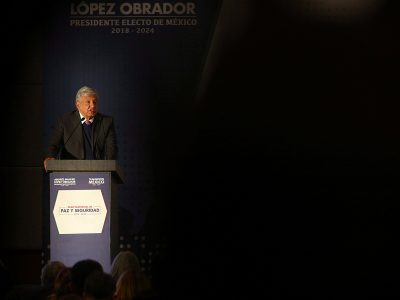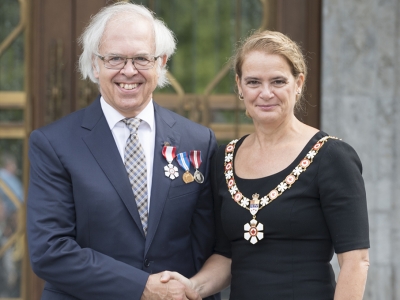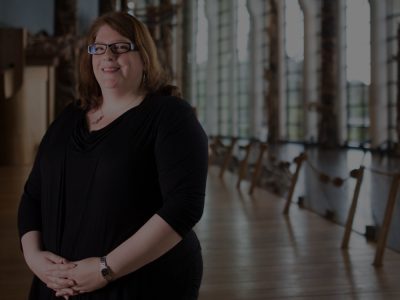By Karen Kelly
The summer of 2020 will be remembered as a turning point in Carleton University’s institutional commitment to anti-racism, Indigenous initiatives, equity, diversity and inclusivity.
The Department of Equity and Inclusive Communities (EIC)—in partnership with various campus agencies, including the Centre for Indigenous Initiatives and the Office of Quality Initiatives—hosted a number of virtual events this summer to bring people together after the police killing of George Floyd and killings of other racialized and Indigenous people in the United States and Canada.
The events followed the creation of the Equity and Inclusive Communities Advisory Group, made up of students, staff, faculty and external community leaders “dedicated to the strategic integration of equity, diversity and inclusion (EDI) planning into the work of the university.”
“It’s been a busy summer for my team with pandemic dislocation, economic compression and overdue racial reckoning pressing on all sides,” said Michael F. Charles, assistant vice-president and university advisor.
“Strategic and programmatic planning that has been months in the making has been elevated and accelerated. I think that is true across the university as we all attempt to deepen and integrate the work of equity, diversity and inclusion and seed its benefits in our academic mission. Our goal is to improve outcomes for everyone.”
This summer’s events featured wellness and engagement sessions in response to racial injustice,” offering black, Indigenous and racialized members within our community—and their allies—the opportunity to discuss opportunities to “promote solidarity founded on our shared responsibility to combat racism and advance equity, diversity, inclusion and conciliation.”
These sessions included the “Community Healing Session for Black Staff and Faculty,” which created a supportive and safe space for healing in the face of anti-black racism and trauma. The session was facilitated by an external community leader using an approach that honours the lived experiences of participants.
For black-identified students, the EIC offered yoga sessions in partnership with the Office of the Vice-President (Students and Enrolment) and Hill Yoga Studio.
The department also hosted the “Community Wellness Session for Indigenous and Racialized Faculty and Staff,” which invited racialized and Indigenous faculty and staff to gather and have conversations focused on community and healing.
Lastly, Equities and Inclusive Communities led a “Carleton Community Anti-Racism and Allyship Conversation” to reflect on what solidarity, allyship and shared responsibility look like in our university context. The session focused on how to bring anti-racist and decolonizing principles into our work, both on campus and beyond. About 220 people attended.
Equity, diversity and inclusion will be a main focus of Carleton’s fall term, with a number of events on the agenda for EIC. Carleton will continue the process of consultation on a Draft Institutional EDI Strategic Action Plan. The advisory group approved the draft for broader community consultation at a Aug. 19 meeting after completing 40 targeted consultations over the summer.
The department will host town halls for the Carleton community on the recommendations and launch Carleton’s second annual Inclusion Week in October, with several events involving participants from across the country and the world.
These efforts reflect the priorities in Carleton University’s new Strategic Integrated Plan, which acknowledges “a pervasive need for greater understanding and commitments to accessibility, equity, diversity, and inclusion,” and calls upon the campus community to “work together in ways that also demonstrate our commitment to equity and inclusion.”
Monday, August 24, 2020 in Equity Services
Share: Twitter, Facebook



